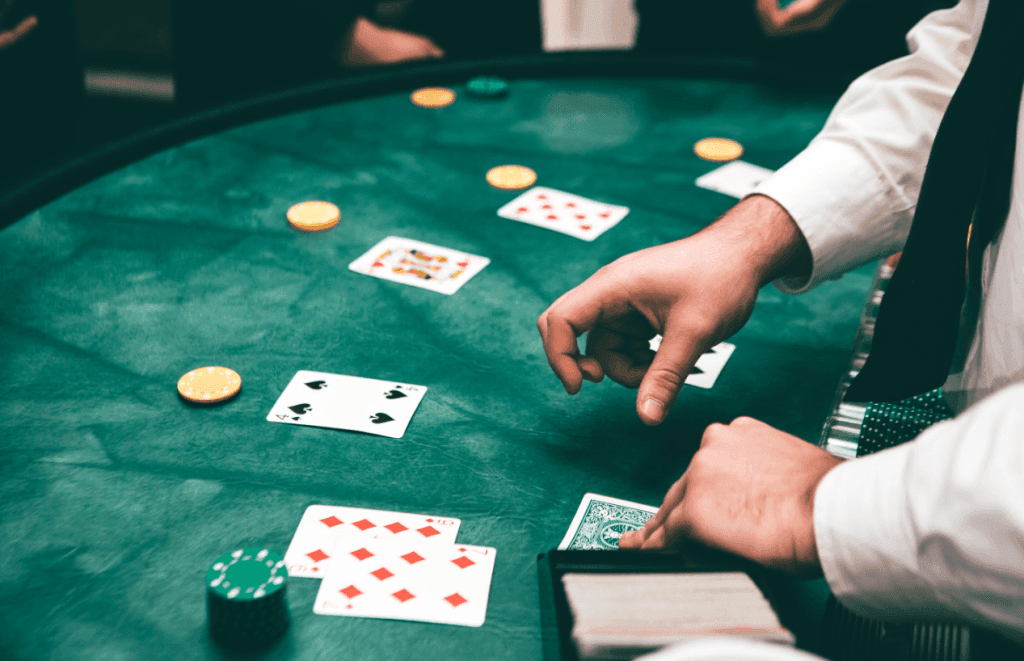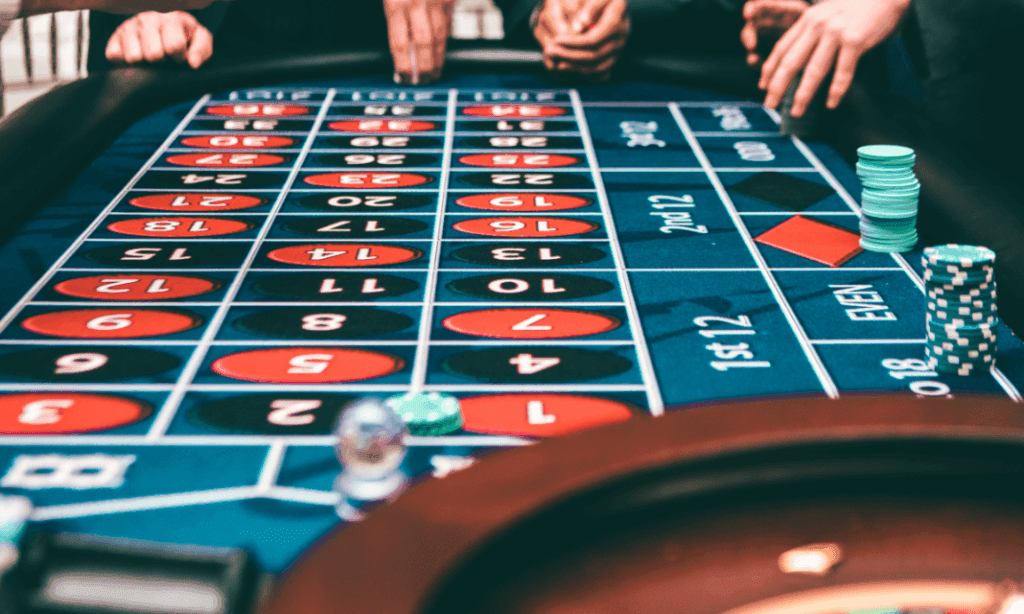Ninja Casino Pop-up Ads Illegal
The Swedish Patent and Market Court has ruled against Global Gaming’s Ninja Casino in a case over the use of full-screen pop-up ads. The Court’s ruling came out in favor of a decision by the country’s Community Ombudsman, which determined that the use of such ads contravened the legal requirement for “moderation” in gambling advertising.

The Swedish Patent and Market Court has upheld the ruling against Ninja Casino’s use of full-screen pop-up ads for online gambling.
?Javon Swaby/Pexels
The ruling is likely to set precedent regarding the marketing tactics used by other licensed operators in Sweden.
The initial argument set out by the Ombudsman, was that the advertisement by Ninja Casino was in breach of Section 47 of the Swedish Gaming Act. This section states: “when marketing [gambling products] to consumers, moderation must be observed”. It is not clear in the legislation what constitutes moderation, however.
The watchdog received a total of 20 complaints about the pop-up ad. All of these complaints were upheld by the court in its ruling.
The controversial ad was a full-screen pop-up, which is referred to by the Court as a “takeover ad”. It was displayed on a tabloid news website for Aftonbladet. In the initial ruling by the Ombudsman it was said to be “intrusive”.
The Ombudsman also stated the ad displayed content which is likely to encourage problem gambling and gambling to excess. The ad was focused on the ease of use of the platform for depositing and withdrawing funds, as well as the possibility to win large jackpots.
“Claims about quick payments and the ease of use could lead to consumers making unwise decisions on starting or continuing to gamble,” it explained.
The calls to “play now” which were featured in the ad target more vulnerable customers, the Ombudsman stated, and references made to “success tactics” implied a level of skill that was not grounded in truth.
Elec Games, a Maltese subsidiary of Global Gaming, argued that the ad met the criteria set out in Section 47 of the Swedish Gaming Act. Elec Games has said that the ad’s design was moderate and that the advertising criteria set out in the act do not refer to the way in which an ad is presented.
“The requirement of moderation is directed at the content of the marketing and the ad’s design, not how it is technically presented,” it explained.
In addition to this, Elec Games made the argument that it did not exaggerate the likelihood of winning large jackpots. The subsidiary pointed out that the advert did not refer to the chances of a customer taking home the jackpot mentioned in the ad.
It additionally claimed that there was no relationship between marketing tactics and problematic gambling.
Despite these arguments, the court ruled that the “takeover” ad style was in fact, not moderate. This decision was made because, as the court argued, a potential customer must engage with the advertisement to get through to the website which they wanted to see in the first place.
“A consumer in the target group, that has difficulty setting limits on their gambling, may wish to avoid being exposed to situations that may trigger an inducement to play, such as situations where he or she is exposed to the gambling advertisements,” Court chairman Alexander Ramsay explained. “A takeover ad appearing on a non-gaming site such as Aftonbladet is very difficult to avoid […].”
The court’s ruling also took into account the use of “success tactics” by the operator. The court ruled that the ad was misleading in how it suggested that players could influence the result of the game in question. This, the court said, was not “factually balanced or valid”.
The court also pointed at references to players being able to gamble whilst commuting. It said that such use would be considered an abnormal time to play. As such, the ad was, therefore, encouraging irresponsible gambling, according to the court.
As a result of this ruling, Ninja Casino will no longer be able to promote its games online except for on websites owned by Elec Games. Elec Games is also expected to pay the Consumer Ombudsman’s legal fees. Global gaming has until the 13th of December 2019 to decide on whether to appeal the ruling.

The Swedish gambling regulator initially revoked the license of Global Gaming for “serious deficiencies” relating to failings in promoting responsible gambling and anti-money laundering practices. ?Javon Swaby/Pexels
The Future of Ninja Casino
The ruling is unlikely to have a significant effect on Ninja Casino itself, as the operator had its license revoked in Sweden back in June.
Earlier this year, the Swedish gambling regulator Spelinspektionen removed licensing from Global Gaming after it found evidence for “serious deficiencies” in business practices. Such deficiencies included failings related to responsible gambling and anti-money laundering practices.
After this revocation of the license of the operator, SafeEnt, the holding company of Global Gaming was expected to cease Swedish operations immediately. The company had been running both Ninja Casino and Spellandet.com, which are its iGaming brands, via online casino and sports betting licenses issued in December 2018.
The regulator highlighted numerous breaches of regulations in its assessment. This was based on the activity of 10 players in particular. These players were found to have spent significant sums via Global Gaming’s brands, without any intervention from the operator to determine the source of their funds or to address the high levels of spending by the players.
Swedish law states that players mush set deposit limits and that licensed operators must contact customers who set a monthly limit which is higher than SEK10,000.
The data which Global Gaming supplied to the regulator was damning for the operator, however. None of the 10 customers were contacted, while two players lost between SEK50,000 and SEK1.1m in the space of a week.
Another customer contacted the operator to request a monthly deposit limit of SEK30,000, only to be told that it would be set at SEK40,000. The customer went on to make deposits of SEK250,000 from the 19th to the 25th of January 2019.
The regulator determined the operator had violated a number of regulations, including Chapter 14 Section 7 of the Games Act, as well as Chapter 11 Section 3 and 5 of the Game Ordinance, and Chapter 9 Section 10 of its regulations and general advice.
As such, the regulator made the decision to withdraw the license for the operator. The ruling was upheld after an appeal by Global Gaming in August.
“Although we were aware that the chances of being granted injunctive relief were limited, we are, of course, disappointed to see our appeal rejected again,” Global Gaming chief executive Tobias Fagerlund said.
“Our focus is now on the judicial review of the Spelinspektionen’s decision that is currently taking place. We maintain that the decision is fundamentally wrong and disproportionate and will show it during the process that is currently underway in the Administrative Court.”




